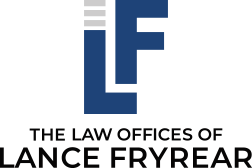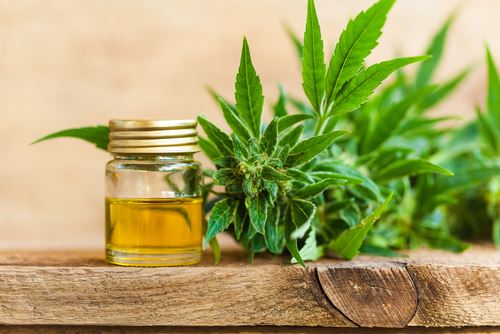Recreational marijuana has been legal in Washington State since 2012. Although it’s legal for people over the age of 21 to possess and use cannabis in the state, driving under the influence of the drug remains a criminal offense.
In the eight years since the legalization of small amounts of marijuana for personal recreational use, the number of marijuana DUI arrests has steadily climbed. Over 100 of the 503 fatal crashes in 2016 were caused by drivers who tested positive for the drug, according to the Washington Safety Transportation Commission. A report by the AAA Foundation for Traffic Safety suggested drivers on the road under the influence of THC (the psychoactive compound in cannabis that makes users high) is relatively common and underestimated in Washington State.
Never get behind the wheel if you have been using marijuana. Although some cannabis users claim driving high is safer than driving drunk, the state’s legislators don’t agree. Using marijuana may cause side effects including drowsiness, hallucinations, and anxiety that could endanger drivers and other road users.
Drivers can be charged with DUI for drunk driving and drugged driving in Washington State and the consequences of a marijuana DUI conviction can adversely affect your life and livelihood.
What Are the Penalties for Marijuana DUI in Washington State?
People convicted of driving under the influence of marijuana or another drug face the following:
- A mandatory minimum sentence of at least 24 hours in jail and a maximum sentence up to 364 days in jail
- Fines ranging from $990.50 to $5,000.
- A minimum of a one-year ignition interlock device requirement
- The suspension of your driver’s license for a minimum of 90 days;
- Up to 5 years of probation and/or court monitoring
The Courts in Washington State have some leeway to impose alternatives instead of jail time. For instance, a first-time marijuana DUI offender may serve 15 days on house arrest or 90-days in a 24/7 sobriety program in lieu of the mandatory minimum one day in jail.
Although a marijuana DUI in Washington State can derail your life, the method police use to determine whether drivers are impaired behind the wheel is far from perfect.
How Do Police Charge Marijuana DUIs in Washington State?
While Breathalyzers and blood tests give the police some degree of accuracy in determining the level of a driver’s intoxication after consuming alcohol, tests for drugs are arbitrary and lack a scientific basis.
Washington State has a “per se” marijuana active THC driving threshold of five nanograms of THC per milliliter of blood drawn. Drivers over that number are presumed impaired and could be charged with a DUI without a showing of actual impairment. This figure is not based on any scientific studies on impairment and may as well have been plucked from the air.
The news channel Q13 Fox quoted Washington Traffic Safety Commission research director Staci Hoff who said the five nanograms of THC indicator is “completely arbitrary.”
Hoff said the per se blood limit is not backed up by science. Defense attorneys are well aware of how Breathalyzers can give inaccurate readings. However, the 0.08 blood/alcohol measure is a far better predictor of intoxication than the limit for THC, according to Hoff. THC is a fat-soluble drug. This means chronic users who haven't smoked marijuana recently could still show a level of 10 or 20 nanograms of THC per milliliter of blood and fail a test.
Police often rely on roadside sobriety tests to determine if drivers are under the influence of drugs. They can arrest motorists who appear to be intoxicated or under the influence. Police often obtain a warrant to take a blood sample to test for the presence of marijuana. Once they obtain a warrant, a suspect can be taken to a hospital to have his or her blood drawn. Irrespective of his or her THC level, a driver can be arrested if they appear to be too impaired to drive.
There are even stricter requirements for those under the age of 21. It is illegal for drivers under 21 to have any trace of marijuana in their blood while driving. Drivers under 21 can be charged with minor operating a vehicle after consuming alcohol or marijuana if they have a BAC of just 0.02% or more within two hours of driving or drive with any concentration of THC in their blood.
The lack of a reliable test for drugged driving in Washington State puts considerable power in the hands of the police. It’s important to hire an experienced Washington DUI defense attorney to challenge your arrest and to fight for your rights.


